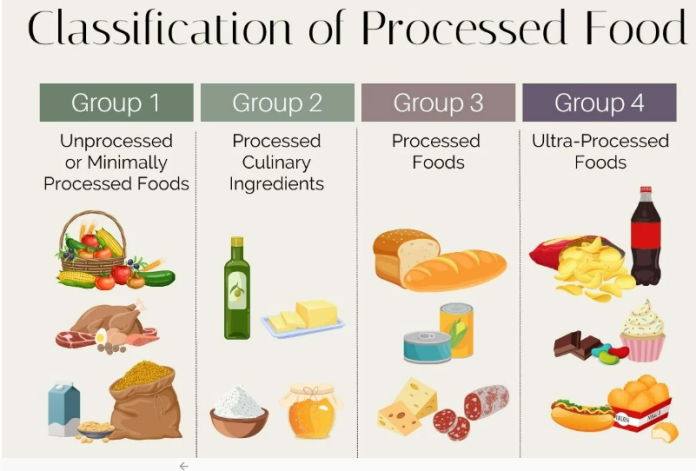A fresh alert has emerged for those who frequently indulge in extensively processed foods.
According to a recent study conducted by researchers at the Massachusetts General Hospital and Harvard Medical School, consumption of ultra-processed foods and artificially sweetened beverages may heighten the chances of developing depression.
The report notes that prior research had already indicated that these heavily processed foods could have detrimental effects on a person’s health, including an elevated risk of strokes, heart attacks and hypertension.
Harnessing data from one of the largest investigations into the long-term health of women from 2003 to 2017, the researchers scrutinized the dietary habits and mental well-being of approximately 30,000 middle-aged white women, all of whom were free from depression at the study’s inception.
The research team said they meticulously assessed the overall consumption of ultra-processed food, categorizing them into various groups such as processed grain products, sugary snacks, pre-packaged meals, fats and sauces, highly processed dairy items, savory snacks, processed meats, beverages and artificial sweeteners, and a host of others.
Subsequently, the researchers said they compared the incidence of depression among women based on the consumption of ultra-processed foods, while taking into account other factors such as overall health, lifestyles and soci0-economic risks associated with depression,
Also, in the findings of the American Journal (JAMA) Network Open, women who consumed nine or more servings of highly processed foods per day had a 49percent risk of developing depression compared to those who consumed fewer than four servings daily.
The report further states that individuals who reduced their intake of ultra-processed foods by at least three servings per day were less likely to experience depression when compared to those with consistently high consumption.
The study’s conclusion underscored the correlation between a higher consumption of ultra-processed foods, especially those containing artificial sweeteners and artificially sweetened beverages, including an elevated risk of depression, as the researchers pointed out that experimental studies also indicated that artificial sweeteners may influence specific brain signaling molecules crucial for mood regulation.
This latest research result compound existing concerns about the impact of artificial sweeteners on cardiovascular health according to Oxford University’s Keith Frayn, emeritus professor of human metabolism, who sounded the alarm about the apparent link between artificial sweeteners and depression.
Frayn further emphasized the need for further research to unravel the mechanisms behind this connection.


